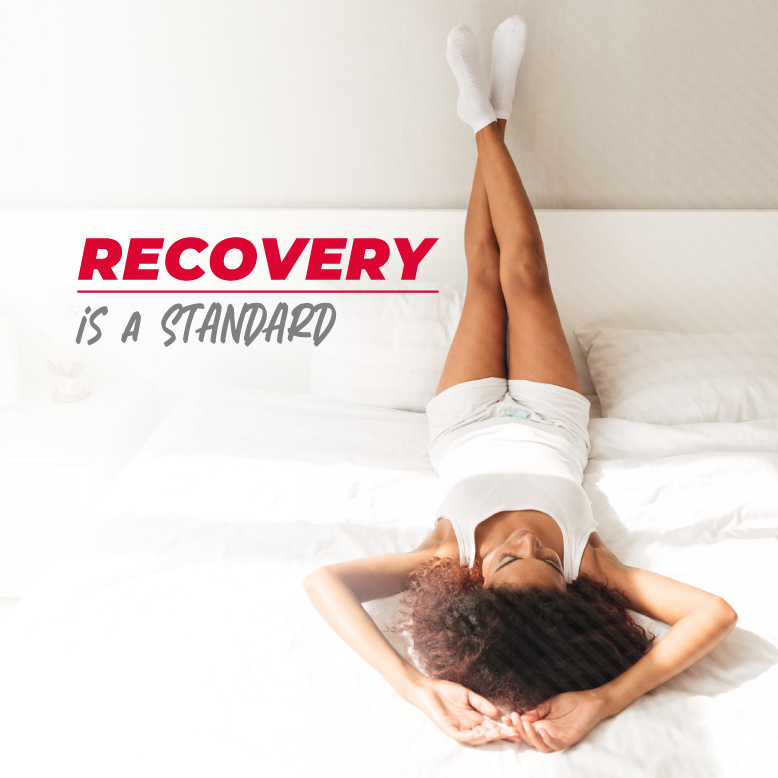
No matter how much we try to avoid it, stress is a natural part of life and we all experience it in some way or another. All you can do is try to manage your stress, which is where stress support supplements can help.
Stress is a factor for everyone due to numerous factors, whether its our modern, fast-paced lifestyles, work pressure, family or relationship challenges, and tougher economic times.
The fight or flight response
A stressful situation, whether it is a real threat, unexpected news, a fright, intense training, or just a bad night’s sleep, triggers a cascade of physiological responses in the body.
These responses include the release of catecholamine hormones like adrenalin and noradrenalin, as well as the stress hormone cortisol, which aim to prepare us to fight or flight (escape).
These hormones work together to increase your heart rate, dilate your pupils and the blood vessels in the muscles, and release energy.
Dysregulated stress response
In normal circumstances, this stress response turns off once the threat or stress has passed as the body is able to self-regulate.
It would, therefore, automatically decrease hormone levels and return your body to a normal resting state (homeostasis) once the real or perceived threat had passed. In this scenario, stress can actually have a positive effect on your body by making you more alert, aware and ready for action.
However, modern life can often amplify and prolong the stress response, to the point where people develop physiological symptoms and conditions due to the chronic stress we generally experience.
Without relief from this stress, we can become over-stressed. In this dysregulated state, levels of cortisol and the other stress hormones remain elevated, which results in overexposure.
Eventually, this state can overwhelm our mind and body, wreaking havoc on our nervous and hormonal systems, which can impact our general well-being and overall health.
Totally stressed out
When we cannot turn off the stress response, the sustained impact our body and mind often manifests as various symptoms.
These can include headaches, chest pain, skin conditions, hair loss, respiratory problems, ulcers, diabetes, hyperthyroidism, obesity, tooth and gum disease and psychological issues such as fatigue, anxiety, OCD and depression. Stress sufferers also tend to experience sleeping problems, which further exacerbates the problem.
Don’t suffer in silence
If you are experiencing mental health issues, including feelings of depression or anxiety, contact the South African Depression and Anxiety Group (SADAG) for support and information. SADAG manages a 16 counselling and referral call centres, and is the voice of patient advocacy, working in urban, peri-urban, and the most rural communities across South Africa.
Additional helplines include:
- LifeLine South Africa 0861 322 322
- Adcock Ingram Depression and Anxiety Helpline 0800 70 80 90
- Government Mental Health Information Line 0800 567 567
- Suicide Crisis Line 0800 567 567
Chronic stress also directly affects your body in numerous ways, impacting various important systems:
- Cardiovascular system: Chronic stress can cause high blood pressure (hypertension) and an elevated resting heart (tachycardia).
- Immune system: Chronic stress can impair immune system function, which may make us more susceptible to illness and infection, with illnesses that are more frequent and severe, and potentially last longer. A compromised immune response can also negatively impact your recovery from exercise.
- Digestive system: Due to the restricted blood flow to nonessential organs caused by vasoconstriction, chronic stress can impact your digestive system and cause various issues.
- Reproductive system: Sustained stress can decrease the likelihood of ovulation, as well as your libido.
Manage stress with supplements
With so many negative consequences, managing stress in our modern lives is vital if you want to live a healthy and balanced lifestyle.
While you can never completely eliminate stress from your life, you can manage it through regular exercise, a balanced and wholesome diet, and the right supplements.
READ MORE: Don’t ignore the signs of rising stress levels.









